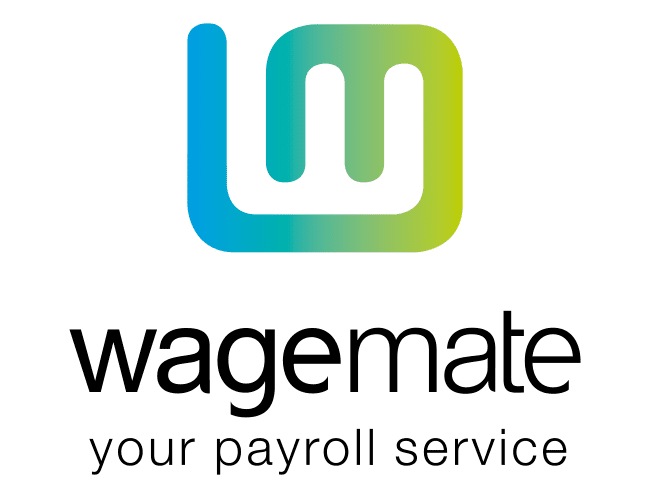The future of payroll
Daniel Hull, director at Wagemate | Your Payroll Service writes about the future of payroll:
Over the last 10 years, a growing workload has been placed on payroll departments. Since HMRC introduced RTI (Real Time Information) and the requirement of UK companies to auto enrol staff into a pension, more have ended up paying a payroll or pension related penalty every year. Most of these penalties are due to filing errors, late payments or failure to comply with ever changing legislation.
This isn’t shocking, since calculating payroll is no simple task. When you’re juggling factors like wages and salaries, benefits and incentives, pension administration and much more, things get complicated quickly. Throw into the mix one-off factors such as furlough and it’s easy to miss details if you are not careful. This is before even considering the Off Payroll working legislation (commonly known as IR35) that is now due to come into effect in the 2021/22 tax year.
Running a business is expensive enough and you don’t want to add payroll penalties to your list. But thanks to technological advancements in the sector, it’s easy to optimise and carry out your payroll process smoothly. That’s why it’s essential to stay up to date with the latest trends in the payroll industry to remain one step ahead.
Here are a number of trends to expect in the future of payroll.
Increased use in cloud technology
The cloud-based payroll software market is expected to grow rapidly over the next five years. Cloud-based computing allows you to access your data from anywhere, on any device. As working from home becomes more popular, this is useful for departments who manage payroll remotely. It saves these employees the trouble of physically coming into the office to process this task.
Furthermore, cloud-based software allows payroll staff, HR, managers, and employees to access their payroll information in real-time, including items such as their annual leave and pension letters.
Protecting on-premise payroll software from hacks and cybercrime can be a costly affair that not everyone can afford. But cloud-based computing includes various protective services so you can be sure your data is safe.
It also allows you to easily scale up your business. When your organisation begins growing, you don’t have to worry about replacing your existing system as your cloud-based payroll software can scale with you.

Weekly or monthly payroll might not be the only way
There have been growing rumours about payrolls not just being monthly or weekly. Flexible Pay, which allows employees on-demand access to funds without having to wait until payday, for little or no cost, has been mentioned.
Some banks are even offering to pay staff early once a BACS file has been sent to them, rather than them having to wait three days.
Embracing Artificial Intelligence (AI) – payroll to become more high value
As technology and automation increases with AI, in this data-driven world it will become crucial to analyse the vast amount of payroll data collected. This analysis can provide actionable insights, help shape the company’s budget, identify unnecessary expenses, and contribute to the overall success and growth of the business.
Employee engagement
As software develops in the Cloud, there will be more employee engagement and collaboration. Employees will be able to update their personal details on their own, without having to go through their managers. This will, of course, be a great time saver, but payroll departments will need to ensure their systems are secure and have adequate checks in place to make sure data is accurate.
The battle between advancing technology and ever-changing legislation
The one fly in the ointment regarding the opportunities opened up by technology is ever-changing legislation that impacts payroll. While speed and efficiency can be achieved, this will inevitably be slowed by ongoing complex legislative requirements. We have already seen the burdens that the Coronavirus Job Retention Scheme has put on the sector and with IR35 coming into play in 2021/22, payroll is only going to get more complex.
For more information please visit www.wagemate.com
or call Wagemate on 03330 102 102












